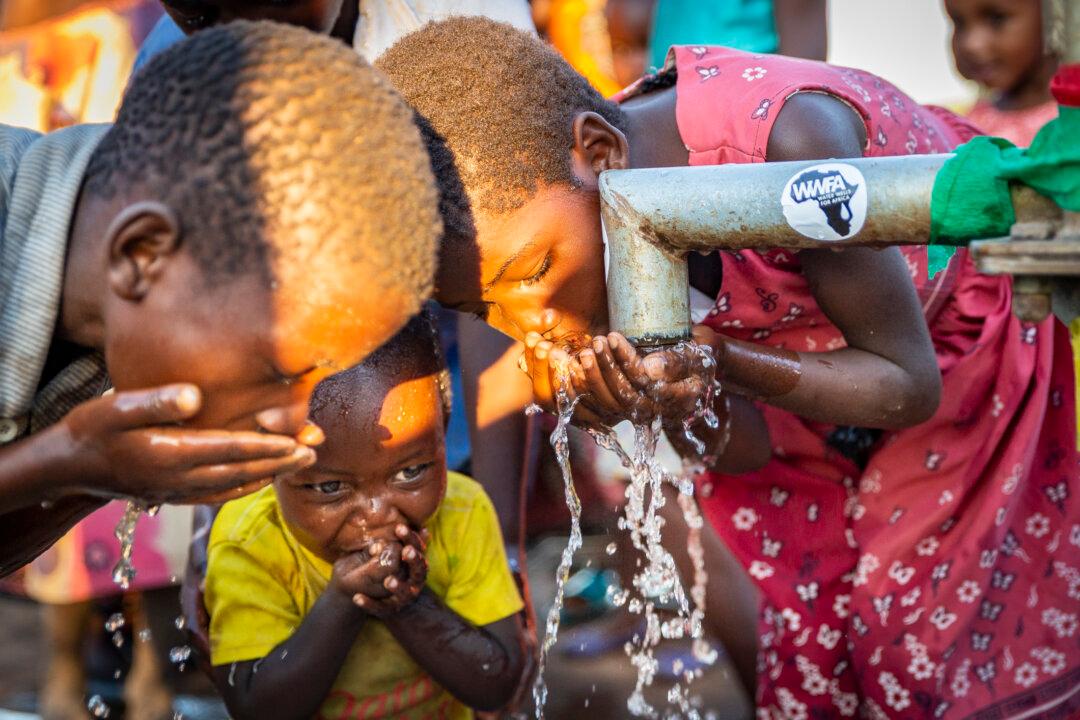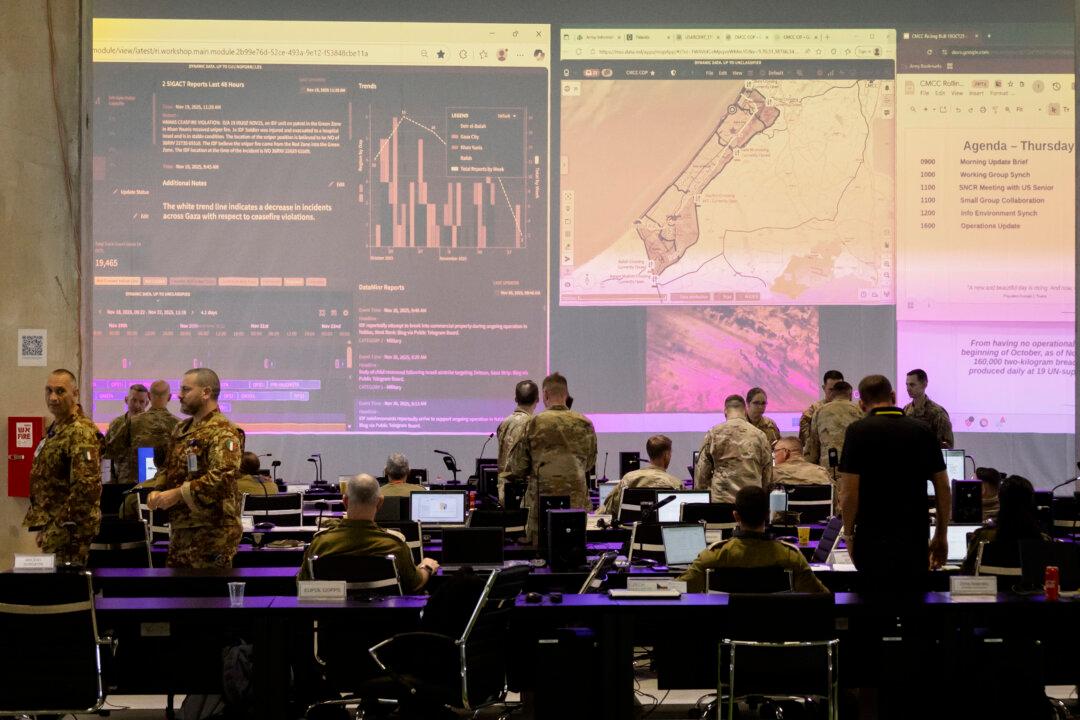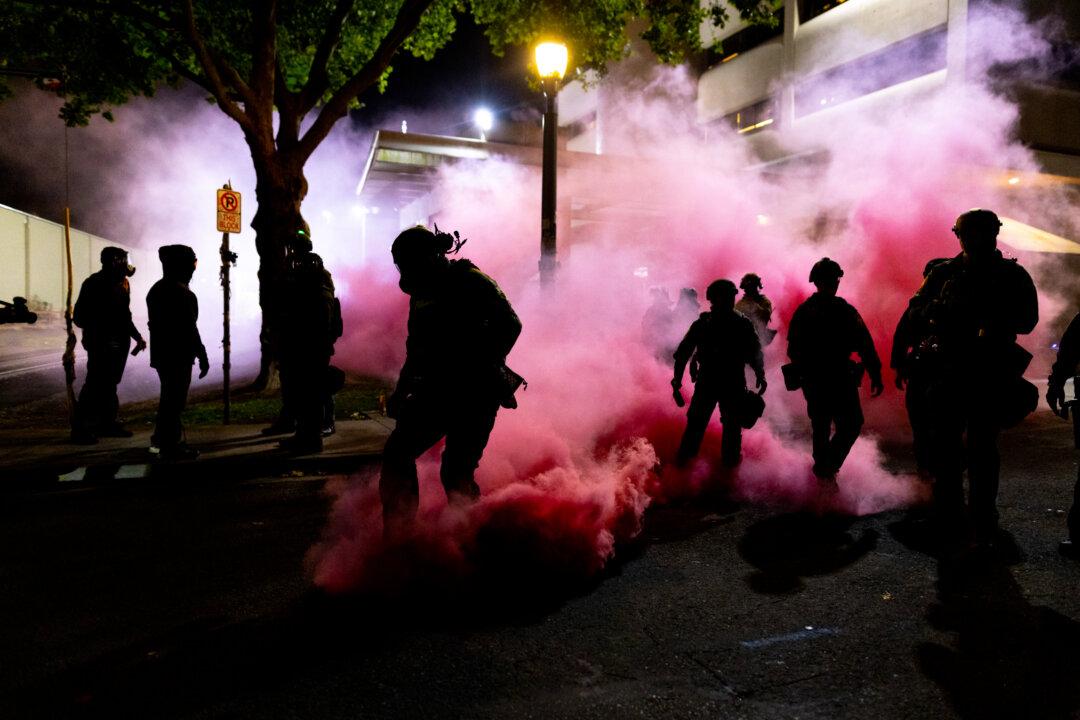MALAWI, AFRICA—At the Nanyanje Primary School in a rural area of this landlocked southeastern country, an arriving truck trailed by a cloud of dust broke the noontime silence of studying students as the vehicle stopped near the campus’s new water well.
On the side of the car, logos for the Southern California nonprofit “Water Wells for Africa” could barely be been seen on its doors due to dozens of excited students who crowded the car, some running so fast that their sandals fell off their feet.




